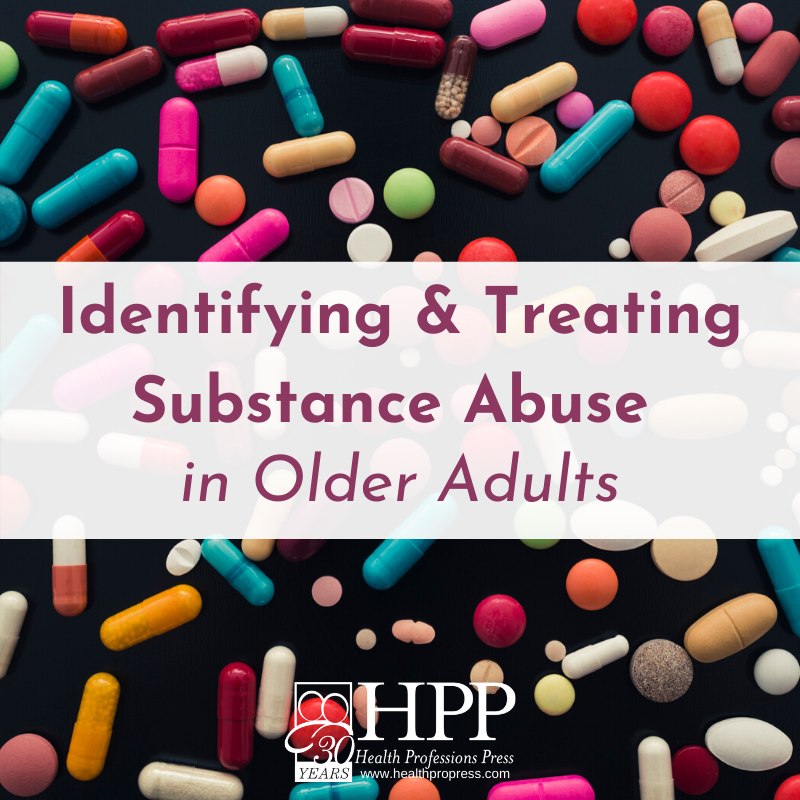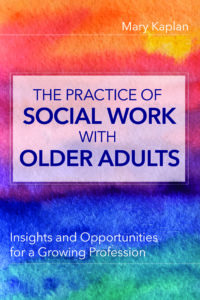
Identifying substance abuse in an older adult
Substance abuse problems are often misdiagnosed in older adults. Perhaps as a result of ageism or generational stereotyping, the topic of substance abuse and dependence is rarely associated with older adults, yet clinical research is beginning to identify the consequences of unrecognized substance abuse in the aging population. Complications that frequently occur with age, such as medical comorbidity, cognitive impairment, and frailty, contribute to the adverse interactions between substance abuse or misuse and an aging brain.
Signs that may indicate a drinking or drug problem in an older adult include the following:
- Solitary or secretive drinking
- A loss of interest in hobbies or pleasurable activities
- Drinking with disregard for warning labels on prescription drugs
- Frequent use of tranquilizers
- Slurred speech
- Presence of empty liquor and beer bottles
- Smell of alcohol on breath
- Changes in personal appearance
- Chronic and unsupported health complaints
- Hostility or depression
- Memory loss and confusion
Symptoms of alcohol withdrawal in older adults are often missed and are easily attributed to a cause other than alcohol abuse. Alcohol withdrawal disorders include tremulous syndrome, hallucinations, seizures, and delirium tremens.
Diagnosing substance abuse in an older adult
A challenge to diagnosing substance abuse is the denial of this health problem by older adults. In addition to a clinical interview, a comprehensive evaluation should include a medical evaluation; laboratory analysis; and psychiatric, neurological, and social evaluations. Several screening instruments are effective for detecting substance abuse in older adults (e.g., the CAGE questionnaire, the Alcohol Use Disorders Identification Test, and the Michigan Alcoholism Screening Test-Geriatric Version [MAST-G]).
Categorizing substance abuse in an older adult
Older adults with substance abuse problems can be categorized as early-onset or late-onset abusers. In early-onset abusers, substance abuse develops before age 65. In these individuals, the incidence of psychiatric and physical problems tends to be higher than in late-onset abusers. In late-onset substance abuse, the abuse of drugs and/or alcohol is often thought to develop in response to stressful life situations, such as the losses that commonly occur with aging (e.g., death of a spouse or partner, changes in living situation, retirement, and social isolation). These individuals technically experience fewer physical and mental health problems than early-onset abusers
Treatment of substance abuse in older adults
The choice of treatment for substance abuse depends on the severity of the condition and the level of functional impairment and varies from hospitalization to outpatient care. The need for detoxification and the potential for serious withdrawal symptoms should be carefully evaluated.
It is important to understand ways to engage the older adult in substance abuse treatment. Psychoeducation about excessive alcohol use and the risks associated with combining alcohol with medications has proven to be effective in some cases. Clinical research has shown that approximately 10%-30% of problem drinkers have been able to reduce their drinking following one of three brief intervention sessions.
Motivational interviewing has been validated as an effective treatment and motivator for change. Cognitive behavioral therapy is also frequently used in the treatment of substance abuse. Participation in Alcoholics Anonymous (AA) meetings can also be an important part of a treatment plan. Meetings that have an age-matched cohort provide mutual support, allow for peer bonding, and foster development of peer-sobriety support networks.
Psychopharmacological treatment for substance abuse should be used with caution in older adults because of the increased risk of respiratory suppression, sedation, delirium, and other serious adverse effects. In substance abuse treatment, the social worker’s willingness to educate the older client without being punitive should be coupled with realistic optimism for the future. This approach offers the best hope for recovery and reduction of the personal and social costs of substance abuse for older adults.
This post was excerpted from The Practice of Social Work with Older Adults: Insights and Opportunities for a Growing Profession by Mary Kaplan, M.S.W., LCSW. Copyright © February 2020 by Health Professions Press, Inc. All rights reserved.
Read the book!
 The Practice of Social Work with Older Adults
The Practice of Social Work with Older Adults
Insights and Opportunities for a Growing Profession
By Mary Kaplan, M.S.W., LCSW
Copyright © February 2020 by Health Professions Press, Inc.
With the rapid growth of the aging population, the need for geriatric social workers is at an all-time high. This resource for students and practitioners addresses the critical demand head-on by illuminating the many rewards, challenges, and opportunities for social workers to provide counseling, care management, and support to older adults. Written from a practice perspective by a geriatric social worker with a long and varied career in the field, this text illustrates strategies and interventions that move theory into real-world social work settings.
